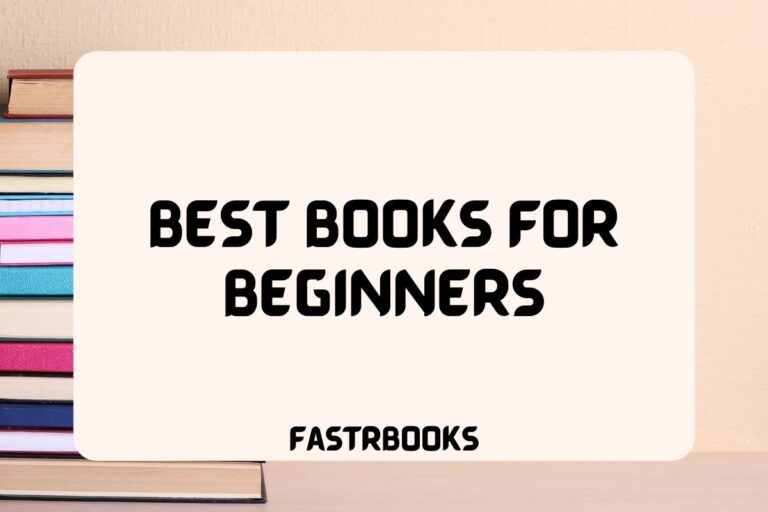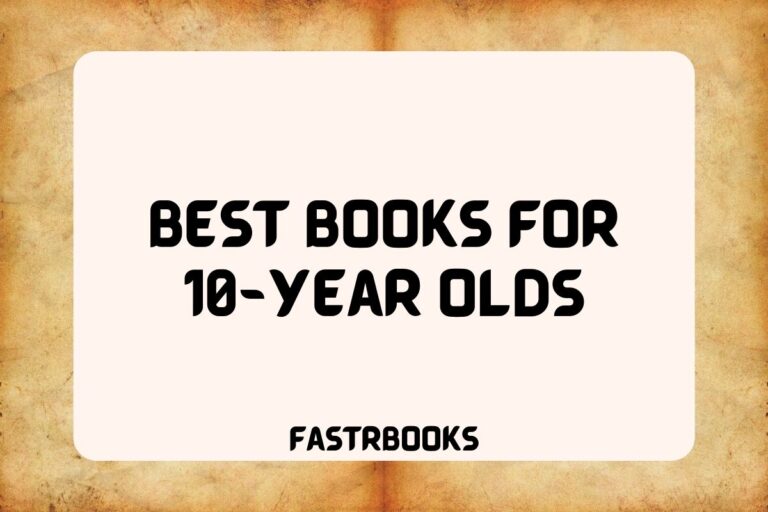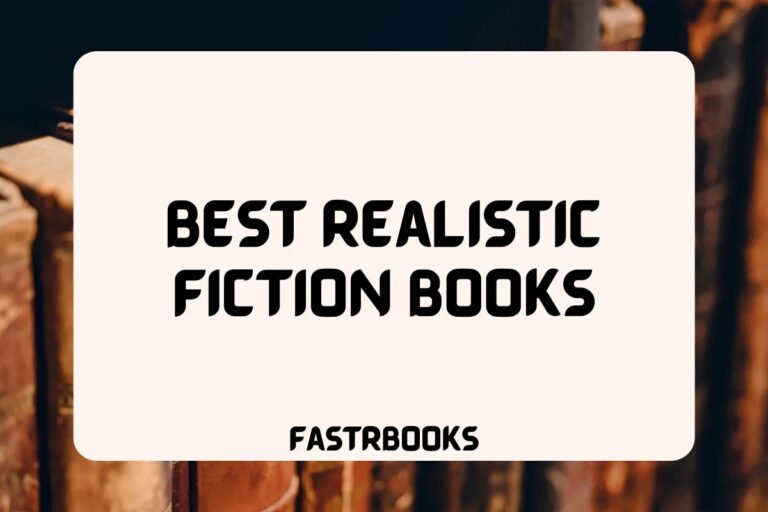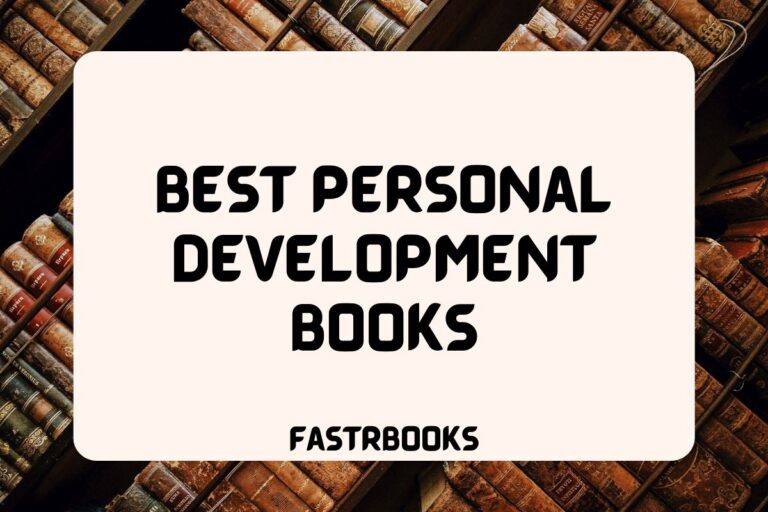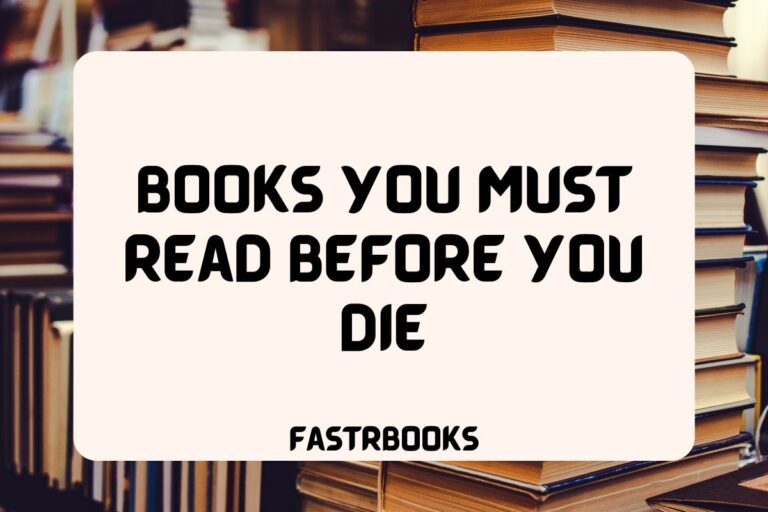10 Best Norse Mythology Books
Have you ever found yourself enchanted by the tales of gods and heroes, their epic battles, and the intricate web of fate woven by ancient civilizations?
If so, then journey with me into the world of Norse mythology, a world where gods walk among mortals, giants stir the seas, and destiny hangs in the balance.
Whether you’re a seasoned enthusiast or a curious newcomer, join me as we uncover some of the best books that bring these timeless myths to life with vivid detail and captivating storytelling.
Let’s go.
Best Norse Mythology Books
1. “Norse Mythology” by Neil Gaiman
This book is a brilliant retelling of Norse myths, where Neil Gaiman brings to life the legendary tales of Norse gods, including Odin, Thor, and Loki. Gaiman’s storytelling prowess breathes new life into these ancient stories, making them accessible and engaging for a modern audience.
The book covers a wide range of myths, from the genesis of the legendary nine worlds to Ragnarok, the prophesied end of the world.
What makes it amazing?
Gaiman’s “Norse Mythology” stands out for its engaging narrative style and deep respect for the source material. He manages to keep the essence of the myths intact while adding his unique twist to make them more relatable to today’s readers.
The book is not just a retelling; it’s a reimagining that stays true to the spirit of Norse mythology, making it a fascinating read for both newcomers and those already familiar with the lore.
2. “The Poetic Edda” translated by Jackson Crawford
“The Poetic Edda” is a collection of Old Norse poems that constitute a critical source of Norse mythology and Germanic heroic legends. Jackson Crawford’s translation brings these ancient texts to life with a clear and modern voice, making them more accessible to contemporary readers.
This edition includes comprehensive introductions and notes that provide context and aid in understanding the historical and cultural background of the myths.
What makes it amazing?
Crawford’s translation of “The Poetic Edda” is remarkable for its clarity and accessibility, which is no small feat given the complexity and age of the original texts. His work allows readers to experience the myths as they were meant to be experienced, with all the beauty, tragedy, and humor intact.
The scholarly work put into the translations and annotations makes this book an indispensable resource for anyone interested in diving deep into Norse mythology.
3. “Gods and Myths of Northern Europe” by H.R. Ellis Davidson
This book offers a comprehensive look at the deities and legends of Northern Europe, drawing from various sources including medieval texts and archaeological findings.
H.R. Ellis Davidson provides a scholarly yet readable exploration of Norse mythology, its origins, and its influence on the culture and beliefs of the Viking Age.
The book delves into the symbolism, rituals, and social values reflected in the myths.
What makes it amazing?
“Gods and Myths of Northern Europe” is celebrated for its in-depth analysis and interpretation of Norse myths within the broader context of Northern European history and culture.
Davidson’s ability to connect the myths to the everyday lives of the Vikings offers a unique perspective that enriches our understanding of these ancient stories. This book is not just a recounting of myths but a deep dive into their significance and legacy.
4. “The Saga of the Volsungs” with “The Saga of Ragnar Lothbrok” translated by Jackson Crawford
These sagas are among the most famous Norse legends, telling the stories of legendary heroes, divine intervention, and epic quests.
Jackson Crawford’s translations make these classic tales accessible to a modern audience without losing the poetic and dramatic qualities of the original texts.
The book includes insightful introductions and notes that help to explain the cultural and historical context of the sagas.
What makes it amazing?
The combination of “The Saga of the Volsungs” and “The Saga of Ragnar Lothbrok” in one volume offers readers a captivating glimpse into the heroic and often tragic world of Norse legend.
Crawford’s skillful translation maintains the narrative’s richness and complexity, allowing the timeless tales of valor, betrayal, and destiny to resonate with today’s readers.
His annotations further enhance the reading experience by providing the necessary background to fully appreciate the depth and breadth of these stories.
5. “The Norse Myths: A Guide to the Gods and Heroes” by Carolyne Larrington
Carolyne Larrington presents Norse mythology through a detailed examination of its gods, heroes, and mythical creatures.
This book explores the themes and stories of Norse myth, from the well-known tales of Odin and Thor to the less familiar stories of Freyja and the World Tree. Larrington’s analysis sheds light on the myths’ meanings and their influence on literature, art, and culture.
What makes it amazing?
“The Norse Myths: A Guide to the Gods and Heroes” is exceptional for its comprehensive coverage and insightful analysis of Norse mythology. Larrington’s ability to decode complex symbols and themes in the myths makes this book a valuable resource for understanding the depth and nuance of Norse mythological tradition.
Her clear and engaging writing style makes the rich tapestry of Norse mythology accessible and enjoyable to a wide audience, from students of mythology to casual readers interested in the ancient narratives.
6. “The Viking Spirit: An Introduction to Norse Mythology and Religion” by Daniel McCoy
This book offers a compelling introduction to the beliefs, practices, and stories of the Norse pagans, meticulously researched and presented in an accessible manner.
Daniel McCoy combines scholarly rigor with a passion for the subject, exploring the complexity of Norse mythology and the way it informed Viking culture and values.
The book covers a wide range of topics, from the well-known tales of the gods to the less explored aspects of Norse pagan practices and beliefs.
What makes it amazing?
“The Viking Spirit” is notable for its depth and breadth, providing readers with a thorough understanding of Norse mythology and religion.
McCoy’s clear, engaging writing style and his ability to explain complex concepts in an understandable way make this book a fantastic starting point for anyone new to the subject.
Moreover, the author’s enthusiasm for Norse mythology shines through, making the exploration of this ancient belief system both educational and deeply engaging.
7. “The Road to Hel: A Study of the Conception of the Dead in Old Norse Literature” by Hilda Roderick Ellis
This scholarly work delves into the Norse conception of the afterlife, examining how the dead were viewed and treated in Old Norse literature.
Hilda Roderick Ellis uses a wide array of sources, including sagas, Eddic poetry, and archaeological findings, to explore the beliefs surrounding death and the afterlife in Viking Age Scandinavia.
The book provides a detailed analysis of Hel, the underworld in Norse mythology, and the various beings associated with it.
What makes it amazing?
“The Road to Hel” is amazing for its in-depth and nuanced exploration of a specific aspect of Norse mythology that is often overlooked: the afterlife.
Ellis’ meticulous research and thoughtful analysis offer readers a unique glimpse into the Viking mindset regarding death, providing a richer understanding of Norse culture and belief systems.
This book is a testament to the complexity of Norse mythology, showcasing the blend of fear, respect, and fascination with which the Vikings regarded the dead.
8. “A Companion to Old Norse-Icelandic Literature and Culture” edited by Rory McTurk
This comprehensive volume offers a wide-ranging overview of Old Norse-Icelandic literature and culture, featuring essays by leading scholars in the field.
Covering topics from poetry and prose to mythology and history, the book provides in-depth insights into the literary and cultural achievements of the Norse people.
Each essay offers a detailed analysis of its subject, making the book an invaluable resource for students and scholars alike.
What makes it amazing?
What makes “A Companion to Old Norse-Icelandic Literature and Culture” amazing is its encyclopedic scope and the expertise of its contributors.
The variety of perspectives and topics covered offers readers a holistic view of Norse culture, from its literary masterpieces to the societal norms that shaped them.
This book is not just a collection of essays; it’s a gateway to understanding the rich tapestry of Norse literature and culture, making it an essential addition to the library of anyone interested in this fascinating period.
9. “Norse Mythology: A Guide to Gods, Heroes, Rituals, and Beliefs” by John Lindow
John Lindow’s book serves as a comprehensive guide to Norse mythology, covering an extensive range of subjects from the major gods and heroes to the complex system of beliefs and rituals that characterized Norse religion.
Lindow’s expertise in Scandinavian mythology is evident throughout the book, as he provides detailed descriptions and analyses of the myths, along with their historical and cultural contexts.
What makes it amazing?
What sets “Norse Mythology: A Guide to Gods, Heroes, Rituals, and Beliefs” apart is its encyclopedic approach to the subject, making it an indispensable reference for anyone interested in Norse mythology. Lindow’s ability to distill complex information into an accessible format without sacrificing depth is remarkable.
This book not only serves as an introduction to the gods and myths of the Norse world but also delves into the rituals and beliefs that were central to Norse pagan religion, offering a comprehensive understanding of this ancient tradition.
10. “The Prose Edda” by Snorri Sturluson, translated by Jesse L. Byock
“The Prose Edda” is one of the most important sources for understanding Norse mythology and Icelandic sagas. Written in the 13th century by Icelandic historian and poet Snorri Sturluson, it is a collection of mythological and heroic poems that provide insight into the Norse pantheon and cosmology.
Jesse L. Byock’s translation makes this seminal work accessible to modern readers, preserving the nuances of the original text while offering clear explanations and annotations.
What makes it amazing?
Byock’s translation of “The Prose Edda” is amazing for its clarity and fidelity to the original text. This edition allows readers to appreciate the beauty and complexity of Norse mythology in a way that is both engaging and enlightening.
The annotations and introductions provide valuable context, helping readers to navigate the intricate web of myths and legends that Snorri Sturluson compiled.
This book is a treasure trove for anyone interested in the art of storytelling, ancient myths, and the cultural heritage of the Norse people, making it a cornerstone of Norse mythology literature.

